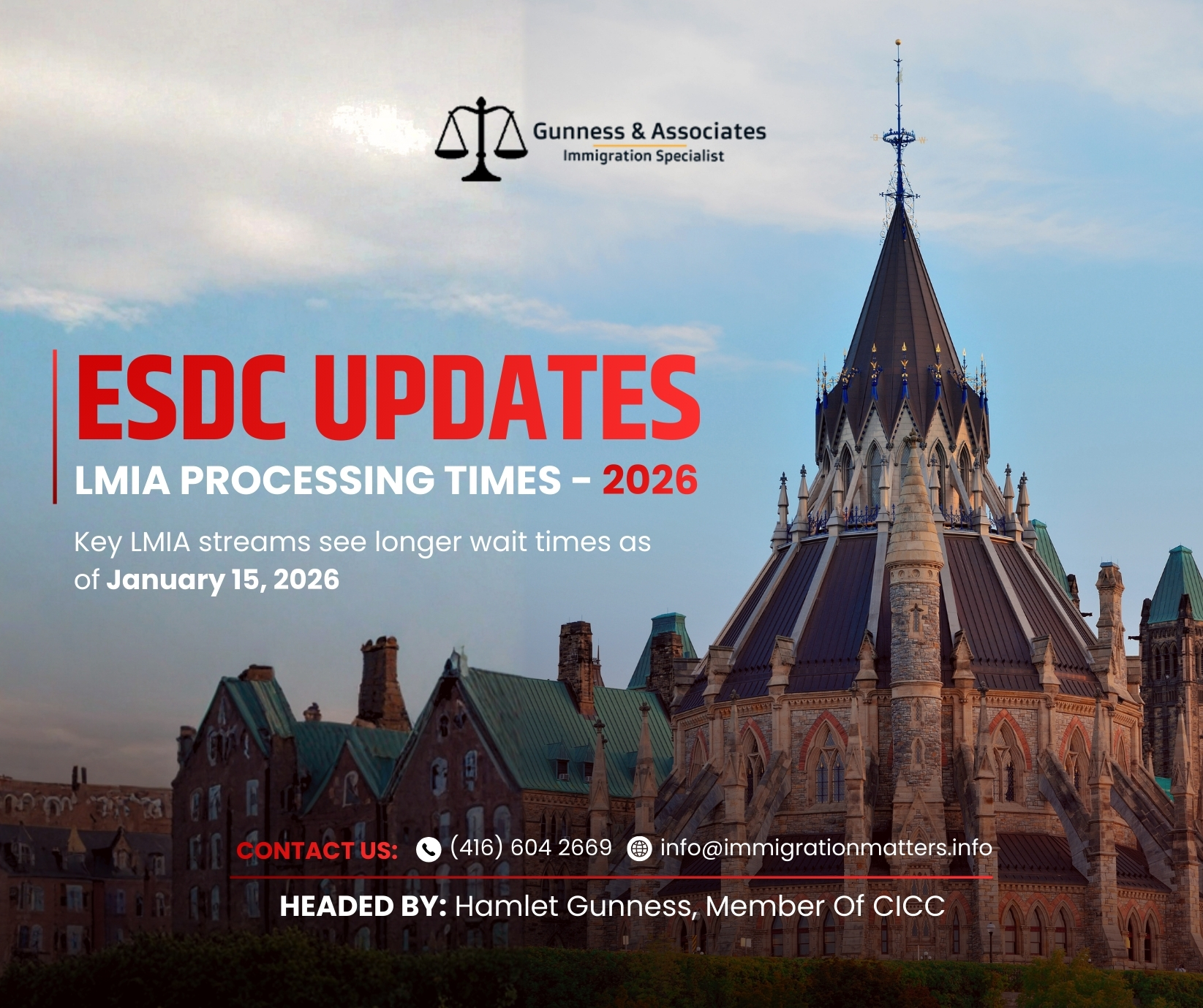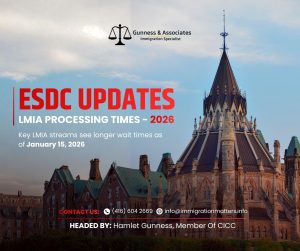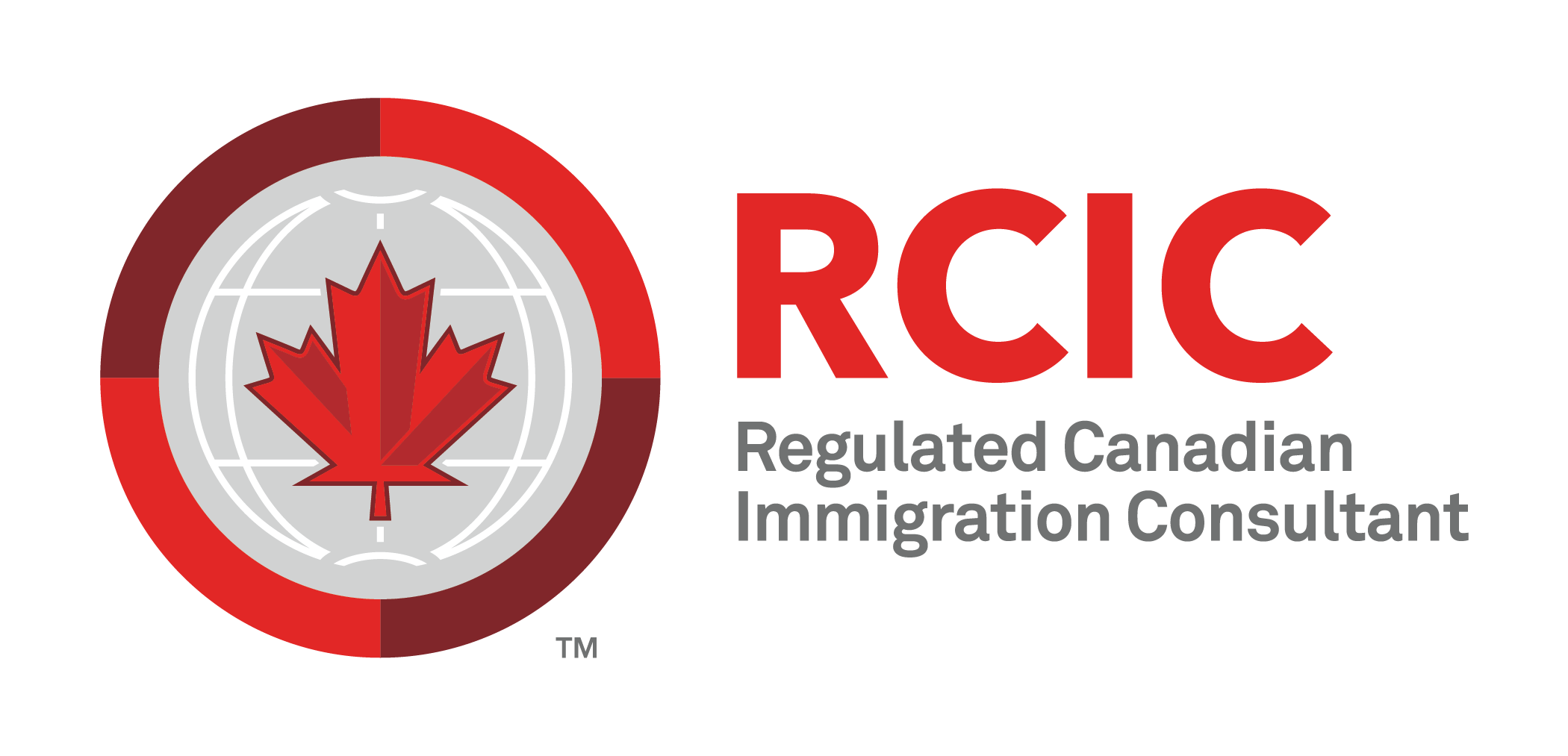Canada will require 30,000 immigrants to replace retiring farmers
February 23, 2025

The Canadian farming industry is facing a significant challenge – approximately 40% of farmers in Canada are expected to retire within the next ten years and Canada will require to replace retiring farmers, with 66 percent of them needing a succession plan. This means the country will soon face a shortage of farmers, which could seriously impact the economy and food security in the long run.
To address this challenge, a proposal has been made to update Canada’s immigration programs and allow 30,000 new immigrants to focus on farming. The agriculture industry is also expected to see a decrease of 24,000 workers engaged in farming, nursery, and greenhouse activities.
Despite having one of the most diverse agricultural industries in the world, each region and operation has a drastically different level of demand for foreign labor.
Higher-skilled farm operators from countries like India, the Netherlands, China, the US, and the UK have long been welcomed in Canada.
The Temporary Foreign Workers (TFW) program, which remains a crucial source of low-skilled labor, is just a short-term solution to a persistent challenge, the report stated, therefore new rules are required in the case of immigration of low-skilled migrants.
Co-author of the report and director of the Arrell Food Institute at the University of Guelph, Evan Fraser, Said;
“We’re talking about completely new types of agriculture, such as the explosion of the greenhouse industry and the emergence of the vertical farming industry.”
According to a CBC News report, Canada started an agriculture-specific immigration pilot program in 2020 to provide non-seasonal workers with expertise with a road to permanent residency. The initiative will end in May 2023.
In the province of Ottawa, more than 1,500 individuals had been admitted as of February 2023.
Canada Agri-food Pilot Program (AFP)
The Agri-food Pilot Program Program (AFP) is an economic pilot program created to help fill the labor shortage in the Canadian agri-food sector, particularly in the year-round production of mushrooms and greenhouse crops, meat processing, and livestock raising, as well as to draw in experienced, non-seasonal workers who can settle in Canada. To be eligible to apply for the AFP Program, foreign nationals must have a job offer in a qualifying occupation and industry combination and also meet the minimum requirements for language ability, education, work experience, immigration status (if applicable), and settlement funds (if required).
Agri-Food Immigration Pilot: Eligibility Requirements
To be taken into consideration for Canadian permanent residency under the Agri-Food Immigration Pilot (AFP), applicants must satisfy the following requirements.
- 12 months of non-seasonal, full-time employment in Canada in one of the approved occupations under the Temporary Foreign Worker Program.
- a level 4 in either English or French on the Canadian Language Benchmark.
- the equivalent of a high school degree or greater.
- an indeterminate job offer for full-time, non-seasonal work in Canada, outside of Quebec, at or above the prevailing wage.
We can help you if you want to be a farm owner or looking to immigrate to Canada as a farm worker.
Want to know more details about “Canada will require 30,000 immigrants to replace retiring farmers” you can contact one of our immigration specialists at Gunness & Associates.
Tel: (416) 604-2669
Email: info@immigrationmatters.info
Gunness & Associates has helped thousands of people successfully immigrate to Canada with their families. Our skilled and experienced immigration experts have the expertise to accurately examine your case and advise you on the best method of proceeding to best serve your needs.
For honest and straightforward advice, contact the experts
Get a free Assessment
Join our newsletter and get up-to-date immigration news Click here
All rights reserved ©2023 Gunness & Associates







